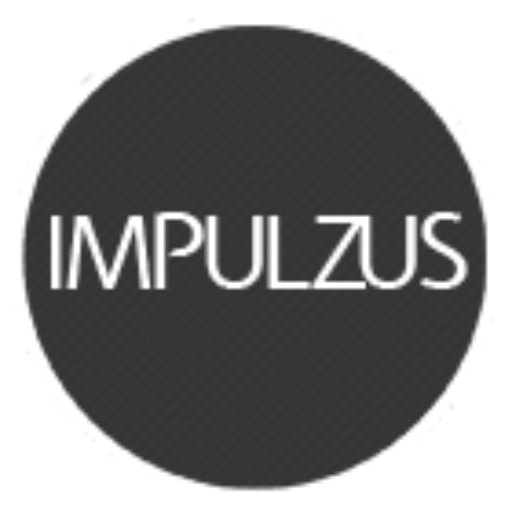![]()
Belucz Judit, Bertók Ildikó Barbara, Csomós Debóra, Farkas Dávid, Léh Noémi, Hallgató Emese, SZTE BTK Pszichológiai Intézet
A „contextual cueing” paradigma az implicit tanulás új kutatási módszere, melynek során a személyek mind motoros, mind perceptuális faktorokra támaszkodnak. Kutatásunkban a paradigma egy általunk módosított változatát használtuk, hogy megvizsgáljuk, a perceptuális vagy a motoros modalitás dominál-e a tanulás folyamatában kontextusfüggő feladat esetén. Korábbi Alternáló Szeriális Reakcióidő (ASRT) feladattal kapcsolatos kutatások azt találták, hogy a motoros faktor meghatározóbb az implicit tanulás során. Ezektől eltérően viszont kutatásunkban a kontextus szerepét is figyelembe vesszük, emiatt a kísérleti feladat jobban hasonlít egy valós észlelési helyzetre. Kísérletünkben 30 fő vett részt, mindenki mindkét – motoros és perceptuális – feltételben. Eredményeink alapján a kontextusfüggő implicit tanulás esetében inkább a perceptuális információ bizonyult fontosabbnak.
Kulcsszavak: contextual cueing, kontextus, implicit tanulás
[hr/]
English abstract
Modalities of context-dependent implicit learning: Perceptual and motor factors
Judit Belucz, Ildikó Barbara Bertók, Debóra Csomós, Dávid Farkas, Noémi Léh, Emese Hallgató
Szeged University, Department of Psychology
The contextual cueing paradigm is a new method for examining implicit learning, during which participants rely on motor as well as perceptual components. In our experimental research we modified the contextual cueing paradigm. A group of 30 participants took part in both modality – conditions (motor and perceptual). Previous Alternating Serial Reaction Time (ASRT) studies concluded that implicit learning is mostly modified by the motor component. The main goal of our research was to define which modality (motor or perceptual) is dominant during the process of learning in case of visual search tasks. Novelty of our paradigm is that it takes the role of context more into consideration and thus it resembles everyday perception situations more closely. According to our results the perceptual factor proves to be dominant during implicit learning in visual searching tasks.
Key words: implicit learning, contextual cueing paradigm, Alternating Serial Reaction Time (ASRT),
